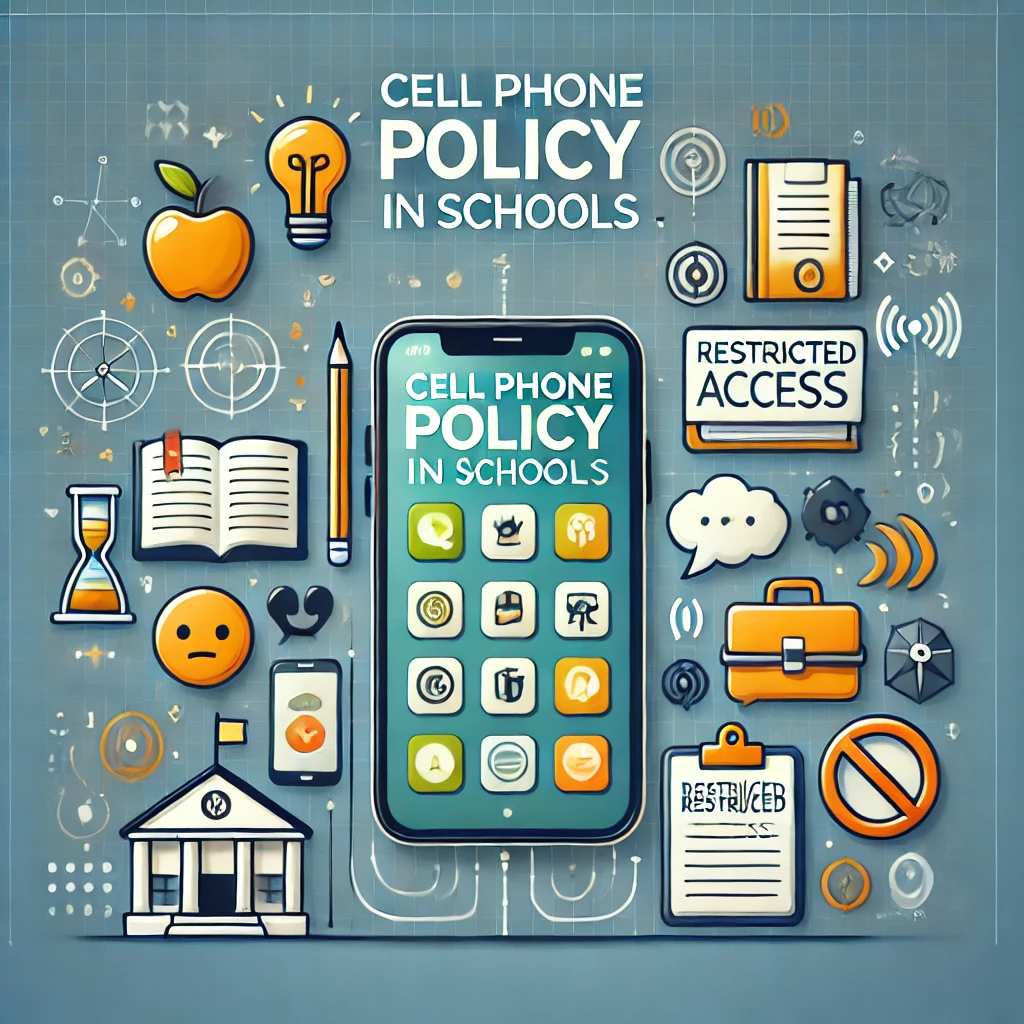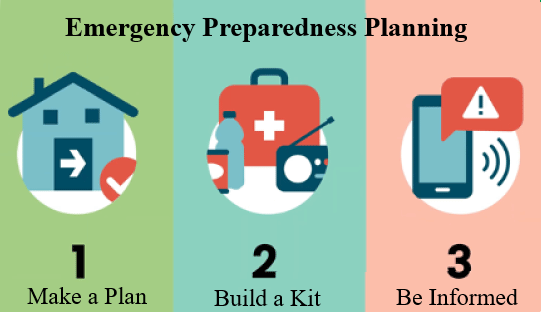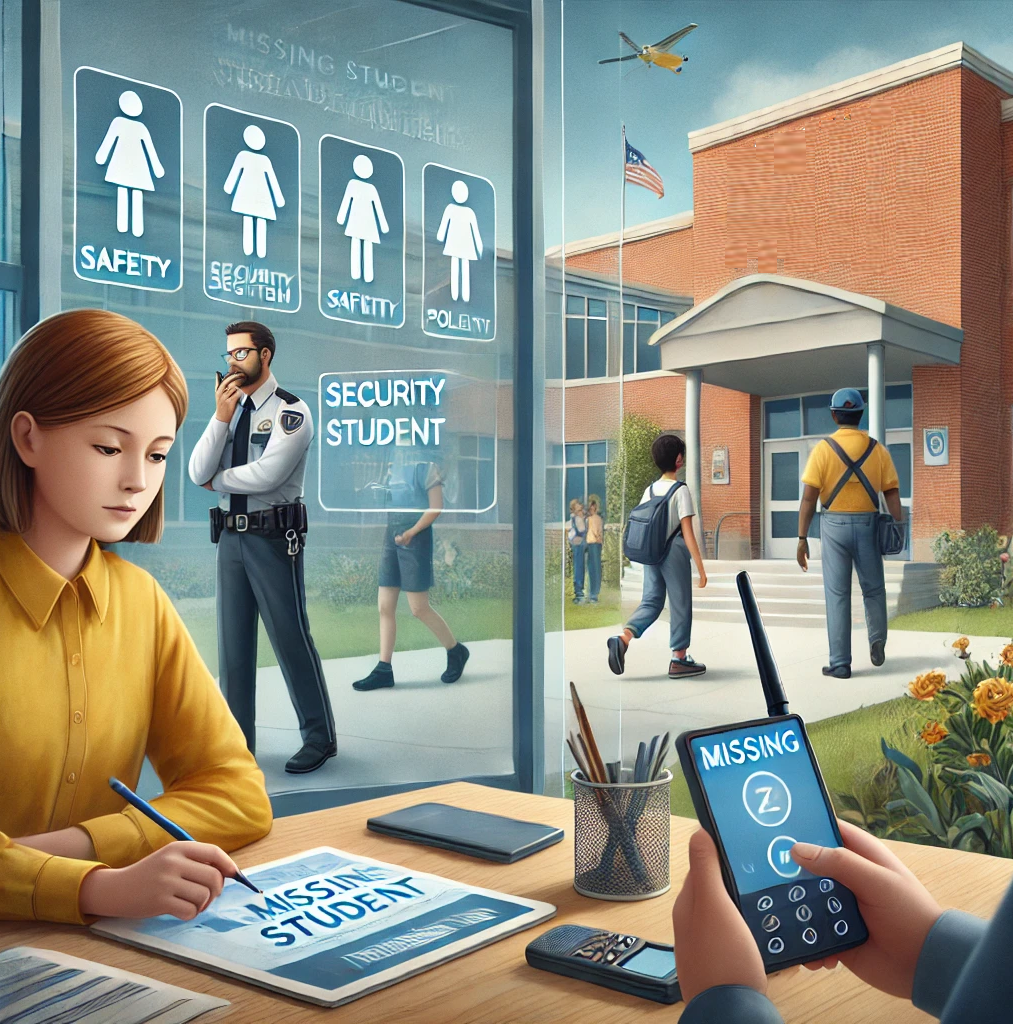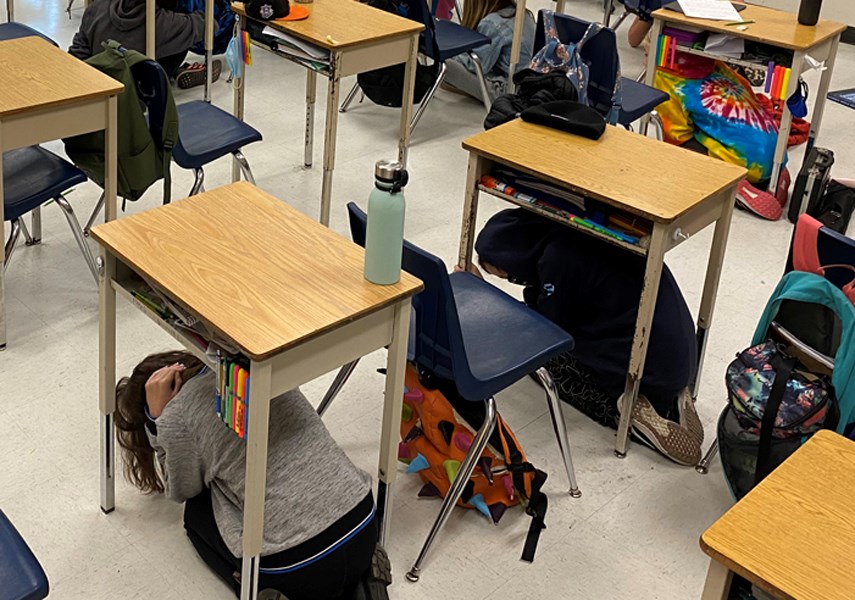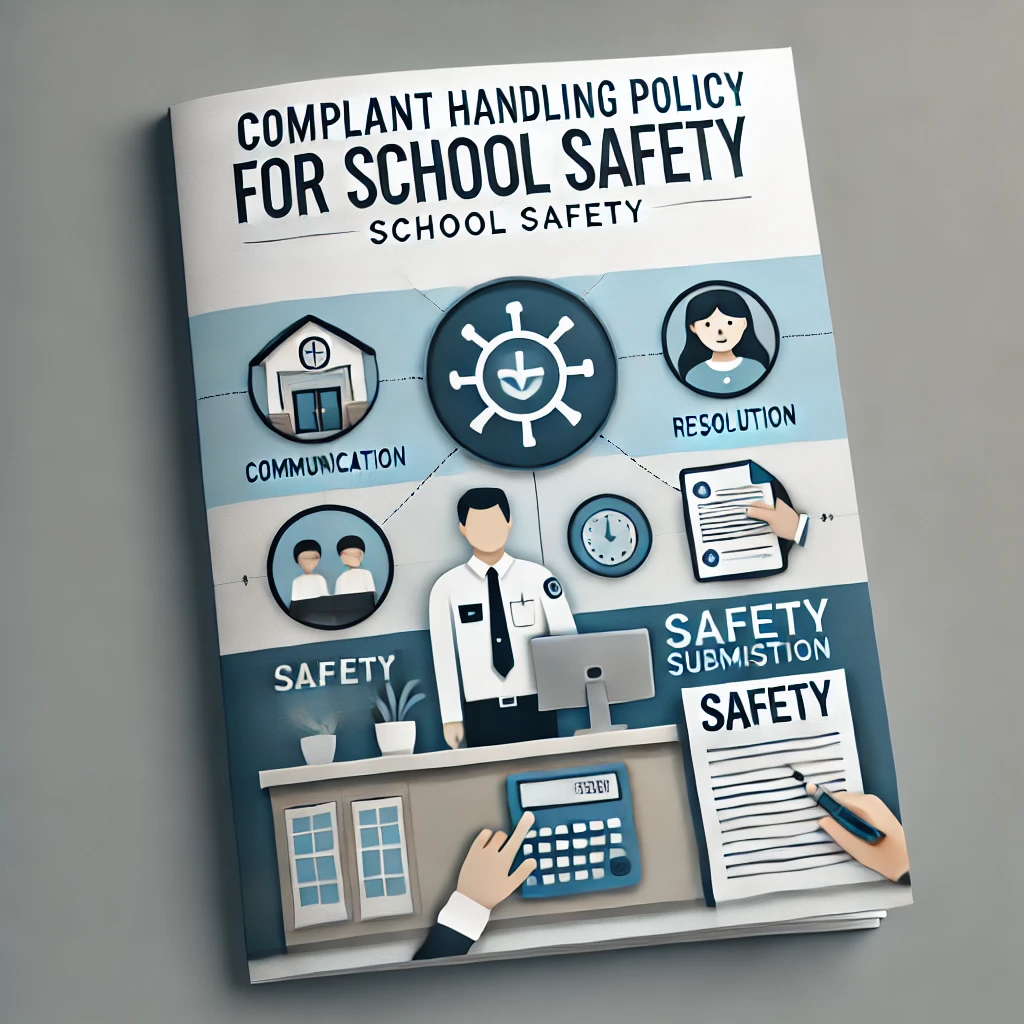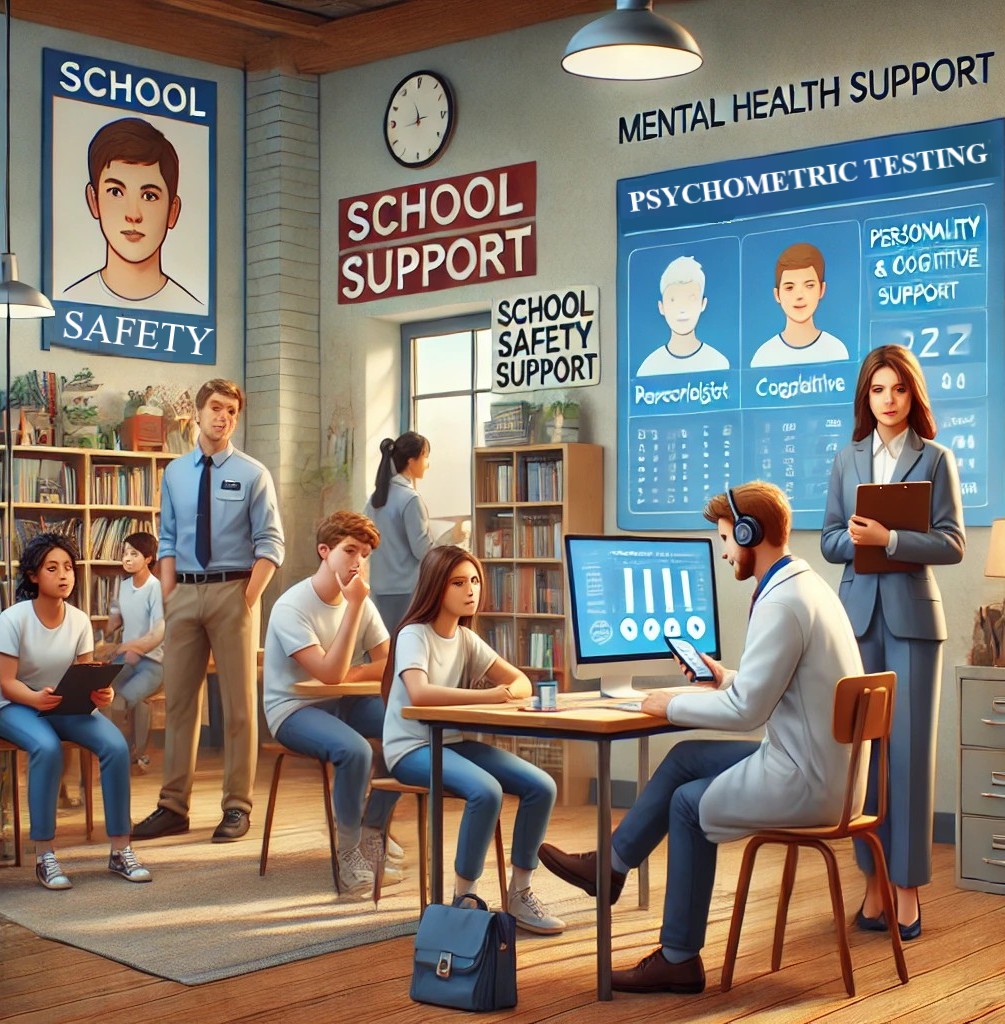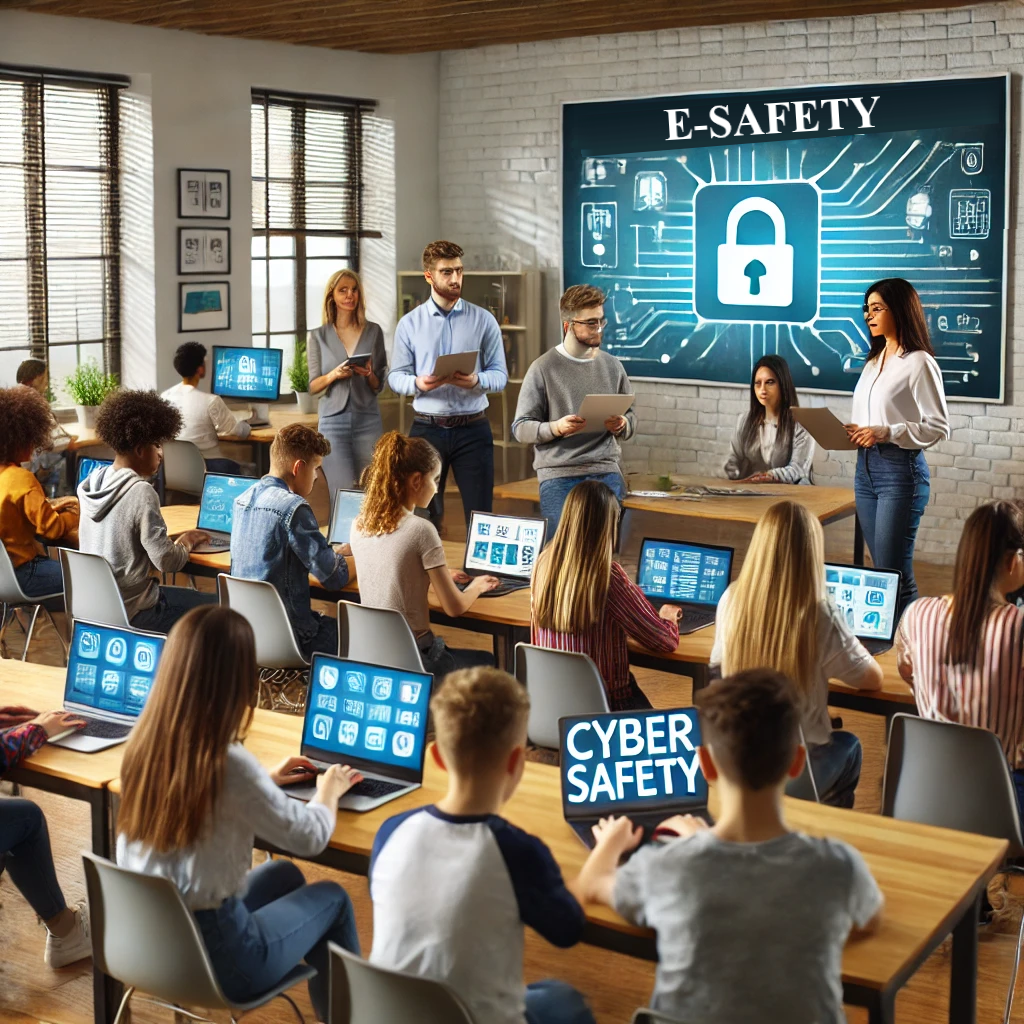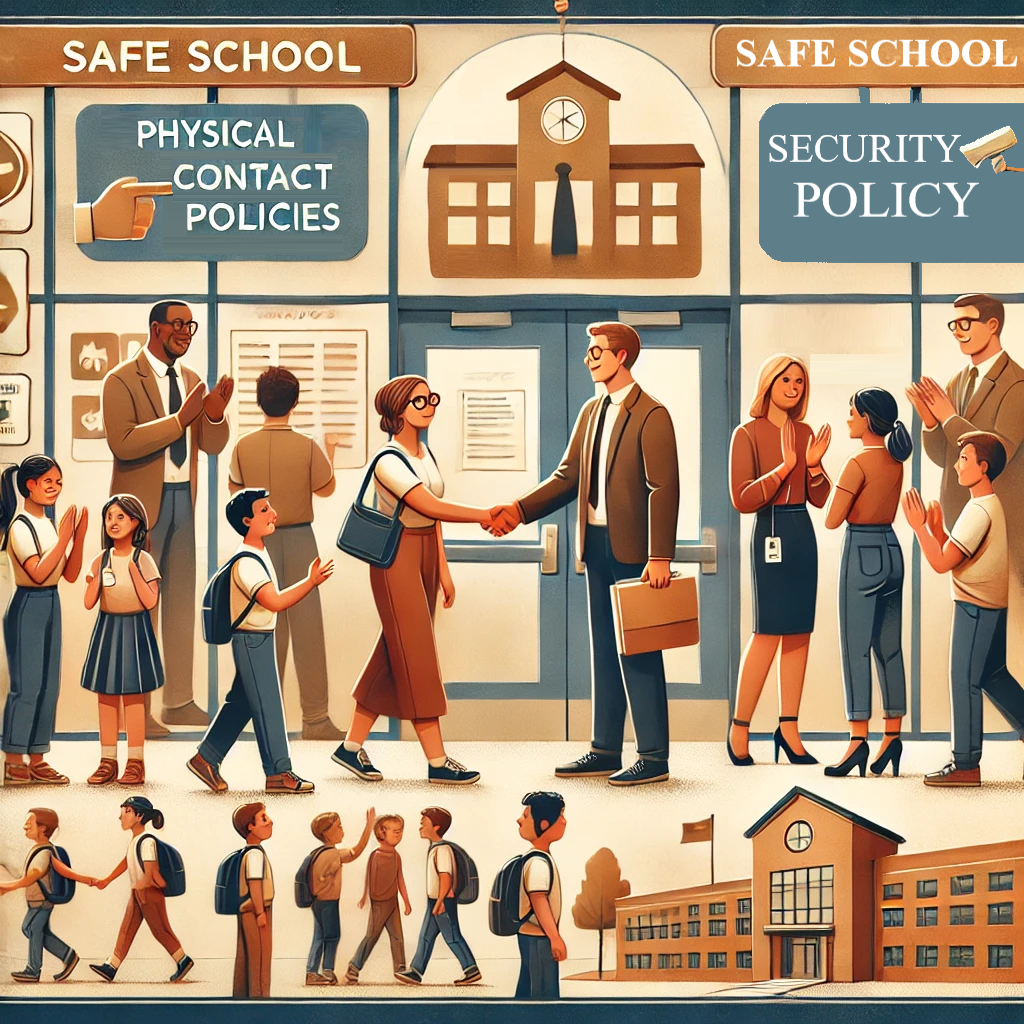Balancing
Technology and Learning Mobile Phone Policy in Schools
The use of mobile phones in schools has grown significantly, prompting the need for clear policies to regulate their use. While mobile phones can be a useful educational tool, they can also be a distraction and pose risks such as cyberbullying and misuse of social media.
A well-structured policy should include clear rules and guidelines regarding when and where mobile phones can be used. For instance, schools may implement a rule that restricts phone usage during class but allows it during break times. Additionally, educating students and staff about responsible phone use is crucial in minimizing risks. Teachers can incorporate discussions on cyber safety, online etiquette, and the responsible use of technology into their lessons.
Monitoring
student phone usage is another key aspect of an effective policy. Schools
should ensure that students are not using their devices for non-educational
activities during learning hours. Furthermore, consequences for misuse should
be clearly defined and consistently enforced to deter inappropriate behavior.
Parents should also be involved in the policy-making process. Their support is essential in reinforcing responsible phone use outside school hours. By working together, schools, teachers, and parents can create a safe and focused learning environment where mobile phones serve as a tool for education rather than a source of distraction.
With
the rise of digital technology, mobile phones have become an integral part of
students' lives. However, their presence in classrooms has raised concerns
about distraction and misuse. To address this, schools must establish a
balanced policy that integrates technology without disrupting learning.
One
effective approach is defining clear usage guidelines. For example, students
may be allowed to use mobile phones for educational purposes, such as research
or language learning apps, but not for social media during class. Schools can
also implement technology-free zones where students are encouraged to engage in
face-to-face interactions.
Cybersecurity and privacy concerns must also be addressed. Schools should educate students about online risks, including cyberbullying and data privacy, ensuring they understand the implications of their digital footprints. Additionally, teachers should be trained to integrate technology in a way that enhances learning rather than causing distractions.
By fostering responsible mobile phone usage through clear policies and education, schools can create an environment where technology supports, rather than hinders, academic success.
